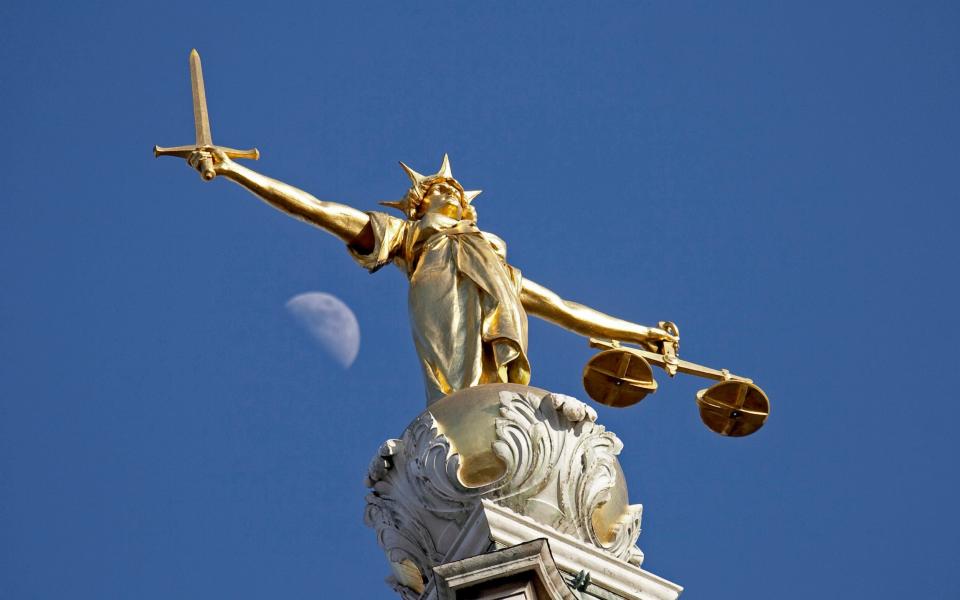Cut juries from 12 to seven to combat delays in justice, says Labour

Juries should be temporarily cut from 12 to seven to help reduce delays in court trials and cut the backlog in cases, says Labour.
David Lammy, shadow Justice Secretary, said smaller juries would reduce the space required to hold trials in a socially-distanced manner.
He claimed the change which was last deployed during the second world war for trials except in cases of treason or murder would reduce the likelihood of jurors becoming infected.
Data obtained by Labour showed that 599 court staff, judges, lawyers and jurors had tested positive for Covid-19 in a recent period of seven weeks.
Mr Lammy also urged ministers to speed up the roll-out of Nightingale courts, in order to help clear the Crown Court backlog of more than 54,000 cases.
It comes after four criminal justice inspectorates for England and Wales warned of their ‘grave concerns’ about the impact of the backlog on the justice system.
The change was also urged last week by former appeal court judge Sir Ernest Ryder who also suggested some mid-level offences could also be heard before “intermediate courts” comprising a panel of three led by a judge instead of a jury to cut the growing case backlog.
The idea of reducing the size of juries, which would require a change in law, was floated early in the pandemic by Robert Buckland, the Justice Secretary, and Lord Burnett, the Lord Chief Justice and head of the judiciary.
However, it has been shelved because of evidence that it would not significantly increase capacity.
Instead, ministers have favoured increased use of technology, self-distancing and protective measures such as screens in courts, the opening of 18 Nightingale courts in public buildings and plans for extended court hours through a two-shift-a-day system in individual courts.
Mr Lammy said: “Victims of rape, murder, domestic abuse, robbery and assault are facing delays of up to four years because of the government’s failure to act.
“Justice cannot be delayed any further. Labour is calling on the government to tackle the backlog by speeding up the roll-out of Nightingale courts and temporarily introducing wartime juries of seven until the pandemic is over.”
However, it will be opposed by barristers. James Mulholland QC chair of the Criminal Bar Association said: “Reducing jury numbers is a convenient way to avoid the proper solution – investing in more space and more courtrooms for criminal work.
The number of Nightingale courtrooms used exclusively for crime barely touches double figures; dozens short of the extra numbers required.
“It is important to reiterate at this crucial period that we must retain faith in the processes that have made our criminal justice system one of the fairest in the world. A jury of twelve must continue to be the means by which serious criminal allegations are determined and it must remain a beacon of light amidst the darkness that surrounds us.”

 Yahoo Finance
Yahoo Finance 